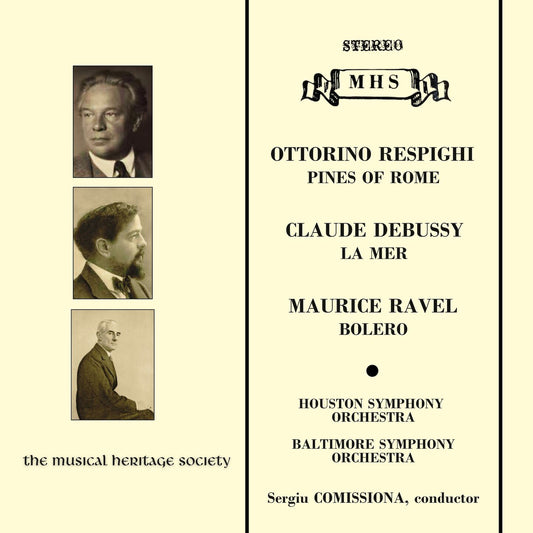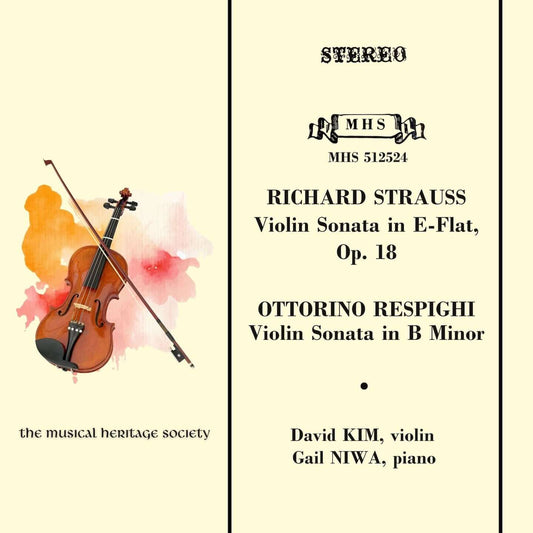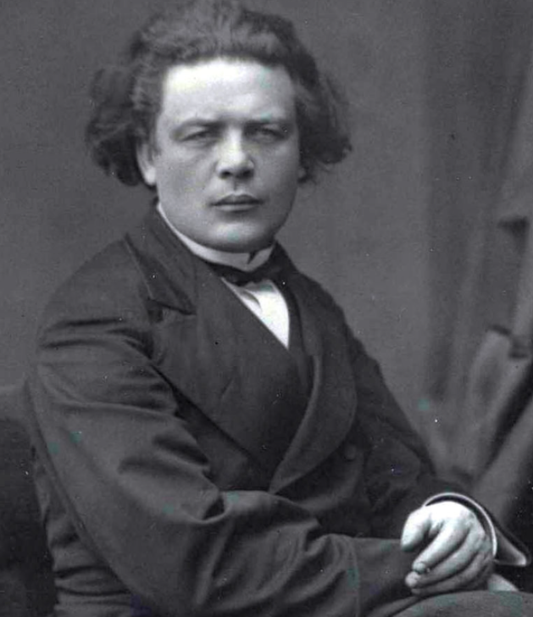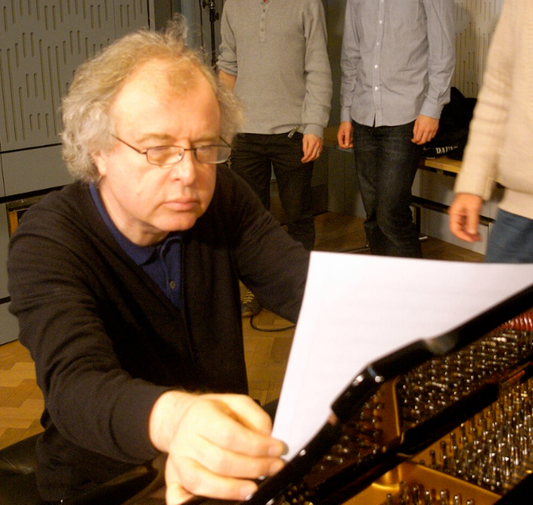Collection: OTTORINO RESPIGHI (1879–1936)
Ottorino Respighi (1879–1936) was an Italian composer, conductor, pianist, violinist, and musicologist, celebrated for his contributions to orchestral music and his innovative approach to composition. Born on July 9, 1879, in Bologna, Italy, Respighi grew up in a musically inclined family. His father, Giuseppe, was a skilled pianist and teacher, while his mother, Ersilia, hailed from a family of sculptors. Despite showing little interest in music initially, Respighi began formal training in violin and piano at the age of eight, encouraged by his father.
Respighi's musical education flourished at the Liceo Musicale di Bologna, where he studied violin, viola, and composition under prominent instructors such as Giuseppe Martucci and Luigi Torchi. His passion for historical music led him to explore early Italian compositions, which later influenced his own works. In 1900, Respighi traveled to Russia, where he served as the first violist in the orchestra of the Russian Imperial Theatre in St. Petersburg. During this time, he studied composition with Nikolai Rimsky-Korsakov, whose mastery of orchestral color deeply impacted Respighi's style.
Respighi's career as a composer gained momentum in the early 20th century. His works began to attract attention for their vivid orchestration and imaginative themes. In 1913, he moved to Rome to become a professor of composition at the Liceo Musicale di Santa Cecilia. This marked a turning point in his career, as he immersed himself in the cultural and artistic vibrancy of the city. In 1919, Respighi married Elsa Olivieri-Sangiacomo, a singer and former pupil, who became his lifelong collaborator and advocate.
Respighi's most famous compositions are his orchestral tone poems inspired by the city of Rome: *Fountains of Rome* (1916), *Pines of Rome* (1924), and *Roman Festivals* (1928). These works, collectively known as the Roman Trilogy, showcase his ability to evoke vivid imagery and emotions through music. For instance, *Pines of Rome* incorporates innovative techniques, such as the use of recorded bird sounds, to create a rich auditory experience.
In addition to his orchestral works, Respighi had a deep appreciation for early music, which he transcribed and adapted for modern audiences. His *Ancient Airs and Dances* suites, based on Renaissance lute pieces, exemplify his skill in blending historical and contemporary elements. He also composed operas, ballets, chamber music, and choral works, though his operatic endeavors were less successful internationally.
Respighi's career extended beyond composition; he was an accomplished conductor and performer. He toured extensively in the United States and South America, conducting and performing his works to enthusiastic audiences. Despite his success, Respighi maintained a complex relationship with Italy's political climate during the Fascist regime. While he avoided overt political statements, his works occasionally reflected the cultural and nationalistic themes of the era.
In late 1935, Respighi fell ill while working on his opera *Lucrezia*. He was diagnosed with bacterial endocarditis, a condition that proved fatal. He passed away on April 18, 1936, at the age of 56 in Rome. His wife Elsa dedicated her life to preserving and promoting Respighi's legacy, ensuring that his music continued to be celebrated long after his death.
Respighi's contributions to music remain influential, particularly his ability to merge traditional Italian styles with modern orchestral techniques. His works continue to be performed and admired worldwide, cementing his place as one of Italy's most distinguished composers.





